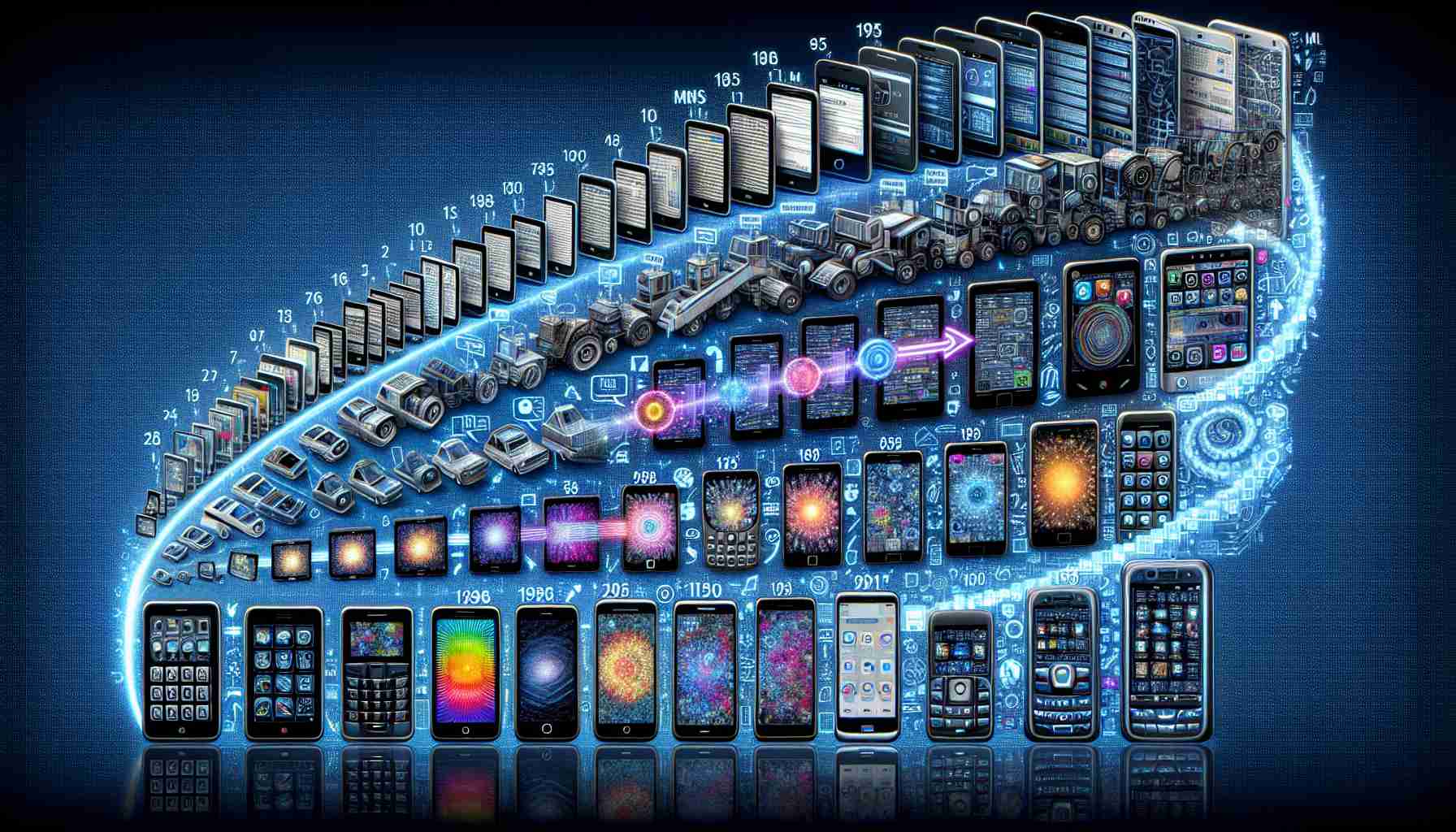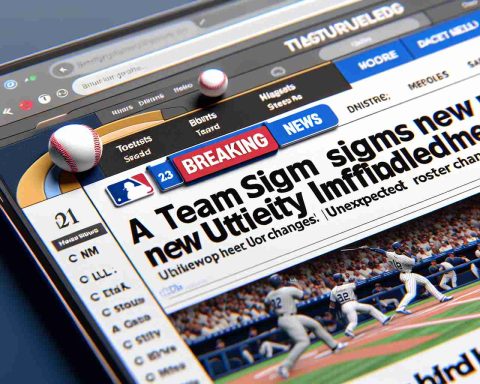Text messaging has been a staple of mobile communication for over three decades, yet it remains surprisingly unchanged. The technology behind Short Messaging Service (SMS), introduced in the late 1990s, has not evolved significantly, leading to a surge in alternative messaging platforms that offer richer features. These apps, such as WhatsApp, Facebook Messenger, and Apple’s iMessage, have emerged to fulfill the needs that SMS and its successor, Multimedia Messaging Service (MMS), failed to address.
Despite its longevity, SMS has several limitations, including a character restriction of 160 per message and an inability to support modern media formats effectively. In response to these challenges, the Rich Communication Services (RCS) standard has been developed to enhance the messaging experience. This technology promises to integrate desirable features such as read receipts, multimedia sharing, and better group chat functionalities.
The initial proposal for RCS dates back to 2007, yet significant implementation took years to materialize. It wasn’t until Google took the initiative in 2015 that RCS began making headway, collaborating with various carriers to push for adoption across their networks. The intent was to create a more versatile messaging solution without isolating users or limiting functionality between different phone brands.
As RCS garners more attention and support, it illustrates an industry shift towards accommodating the diverse and dynamic communication needs of users today. This evolution marks a crucial step in transforming mobile messaging, aiming to unify and enhance how people connect across devices and platforms.
The Evolution of Mobile Messaging: A Journey Towards RCS
The landscape of mobile messaging is rapidly evolving, moving beyond the confines of SMS and MMS to embrace more robust and feature-rich platforms. One of the most significant advancements in this field is the adoption of Rich Communication Services (RCS), which aims to bridge the gap between traditional text messaging and the capabilities of modern messaging applications.
What is RCS and Why is it Important?
RCS is a protocol that enhances SMS with advanced features such as high-resolution photo and video sharing, group chats, and typing indicators. Unlike SMS, which has a character limit and lacks interactive features, RCS supports rich media and dynamic content, making it a compelling alternative for users accustomed to the flexibility offered by apps like WhatsApp and Telegram.
Key Questions and Answers
– What advantages does RCS offer over SMS and MMS?
– RCS supports larger message sizes, allowing users to send up to 8,000 characters. Additionally, it offers features such as read receipts, real-time typing updates, and the ability to send multimedia files (photos, videos, audio) without the cumbersome limitations of MMS.
– Is RCS widely adopted?
– While RCS adoption is growing, there are still regions where its implementation is limited. Many carriers and devices support RCS, but fragmentation exists due to differing levels of support among networks and manufacturers.
– What are the privacy concerns associated with RCS?
– RCS messaging, unlike end-to-end encrypted platforms, is susceptible to interception since it is transmitted through the carrier network. This has raised concerns regarding user privacy and data security.
Challenges and Controversies
– One of the main challenges RCS faces is the disparity in support across devices and carriers. Not all smartphones or cellular networks offer RCS capabilities, leading to inconsistent user experiences. Some users may find themselves reverting back to SMS when messaging someone on a network that does not support RCS.
– Another controversy is the competition between RCS and existing messaging apps. While RCS aims to standardize messaging features across devices and networks, platforms like WhatsApp, iMessage, and Telegram dominate the landscape due to their established user bases and superior functionalities. This has led to debates over whether RCS can truly rival these existing services.
Advantages and Disadvantages of RCS
Advantages:
– Improved multimedia support and larger message capacities.
– Better user engagement features such as read receipts and typing indicators.
– Seamless integration with native messaging apps, reducing the need for third-party applications for basic communication.
Disadvantages:
– Limited privacy and security compared to fully encrypted messaging platforms.
– Inconsistent implementation across different carriers and devices.
– Potential confusion for users unfamiliar with RCS and how it interacts with traditional SMS.
As the mobile communication landscape continues to shift, RCS serves as a promising step forward. The evolution of messaging toward more interconnected and feature-rich platforms is essential in meeting the demands of contemporary users. It should be noted, however, that the success of RCS will depend on widespread support, user adoption, and addressing privacy concerns adequately.
For more information on mobile technology and messaging innovations, visit GSMA and 3GPP.












